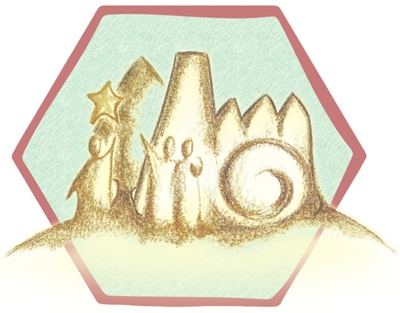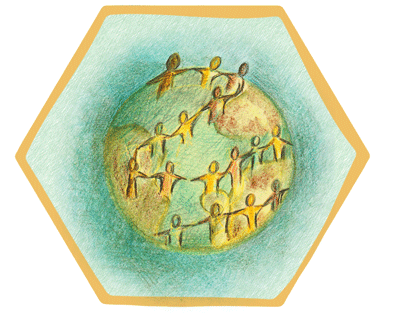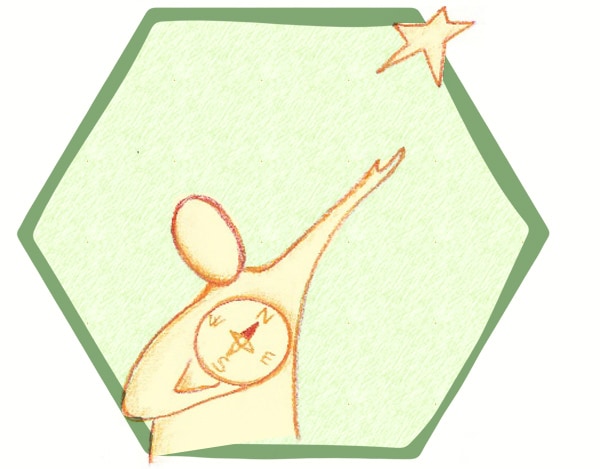 Leading Self
Leading Self
This is a programme that engages participants in an in-depth self-reflection on how to be authentic leaders and how to lead with purpose.
Read More
Through intensive practice, participants develop a moral inner compass that allows them to make the appropriate decisions in the midst of complex challenges.
Effective leaders have an intimate understanding of themselves and are aware of their own inner strengths, values, purpose and direction. Leaders who consciously cultivate self-awareness and personal mastery tend to be far more effective when facing organizational challenges, uncertainty, transitions, and even new opportunities.
Leading Self is designed to help participants deepen their personal and social awareness, while fostering effective self-leadership skills, inner resourcefulness and professional best practices.
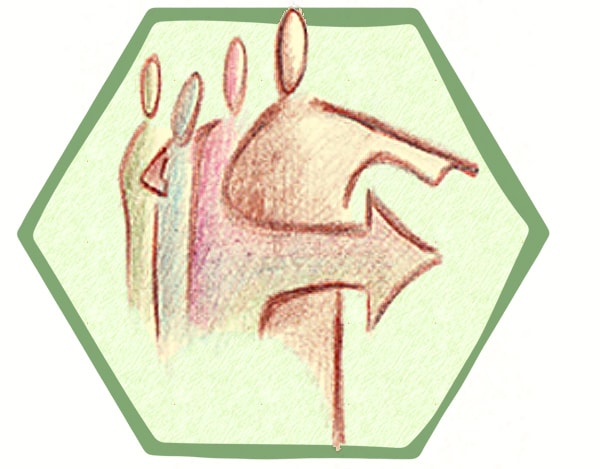 Leading Others
Leading Others
This provides a clear picture about good and bad leadership behaviour and designs a development plan to work on one’s own leadership behavior. Leaders analyze their teams and learn how to engage with them individually and collectively.
Read More
This programme focuses on the following: “How do we bring out the best leaders in ourselves when leading others?” We explore the current leadership realities, analyse the difference between management and leadership, work on appropriate and inappropriate leadership behaviours, learn about personality differences in co-workers and their correlated leadership needs. The learning journey is built around inputs from the facilitator, around individual and small group reflection, coaching and peer feedback.
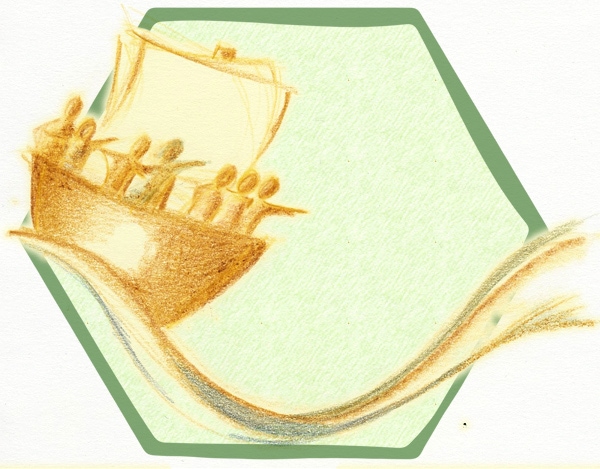 Leading Change
Leading Change
This is about understanding the dynamics of change. Leaders learn how to prepare, plan and implement change processes and how to create buy-in for change initiatives and therefore increase their chances for success at the implementation stage.
Read More
Leading Change gives managers, project leaders and change agents the possibility to fully explore their roles and inner attitudes in situations of change. Throughout the programme, participants work on their own Change Initiatives and develop around those their understanding for the principles and dynamics of change. The focal point of this program is the human factor in change initiatives.
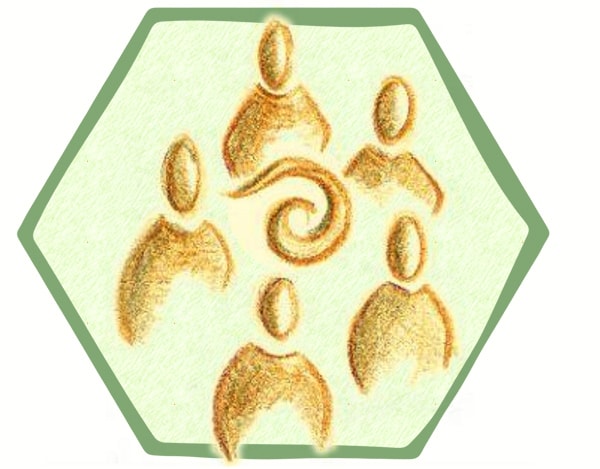 Experienced Leaders Programme
Experienced Leaders Programme
The Experienced Leaders Programme is designed to allow senior leaders to freshen up their leadership knowledge and skills while learning from each other’s leadership challenges.
Read More
Based on their own education and experience, influenced by the corporate culture, managers develop their own personal leadership styles over the years. It is easy to become frozen into a “this is the way I am” attitude; to avoid this, we want to jointly explore the roots of own understanding of leadership, identify strengths and develop areas of growth. This development process is supported by inputs from the facilitator, and by self and small group reflection, coaching and feedback from the peer group.
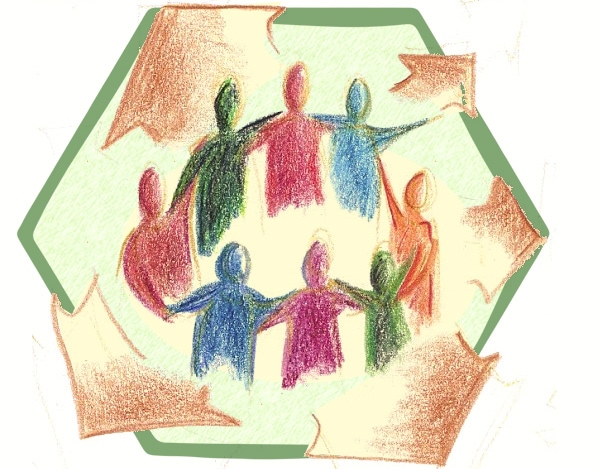 Leadership Hike
Leadership Hike
The Leadership Hike is a hybrid form of leadership teambuilding and leadership program. Going on a 3-5 days leadership hike, different team and leadership aspects are processed.
Read More
The intervention processes involved in the leadership hike are designed according to the leadership, team and organizational challenges that the leadership team is currently facing. Examples of topics to process during a leadership hike are:
- Getting to know the leader inside oneself and inside others better
- Removing performance barriers in the leadership team
- Identifying and working out the Macro Areas of Attention that the team or organization needs to focus today in order to be successful tomorrow
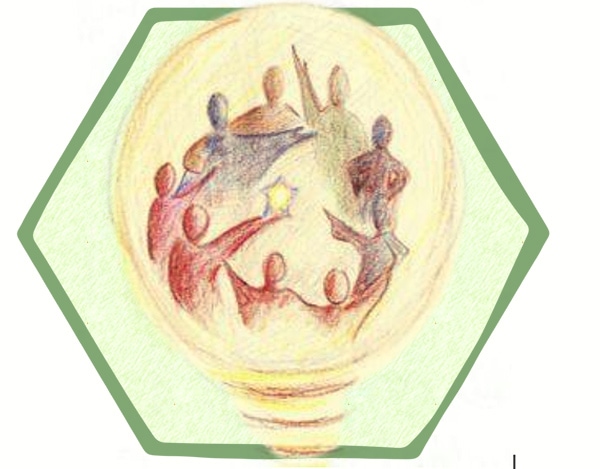 Executive Team Retreat
Executive Team Retreat
An executive team goes on a retreat to work on its own and the organization’s:
- Effectiveness
- Strategic Direction
- Priorities
- Challenges
- Dysfunctions
- etc.
Read More
An Executive Team shares responsibility for an area, a department or an entire company. Usually the success of the entity they are responsible for depends on their performance and collaboration as a team. In addition to other teams, the cost of an unaligned Executive Team is simply too big for any organization to consciously afford. Therefore, inner team clarity, alignment and buying into the common approach and joint direction are crucial. An Executive Team Retreat usually lasts 2-3 days.
The intervention process of the Executive Team Retreat is designed to fit the challenges faced by the team and the organization. Examples of topics to process during an Executive Team Retreat are:
- Revealing and unravelling Executive Team dysfunctions
- Analysing and removing performance barriers in the Executive Team
- Identifying and working out the Executive Team Macro Areas of Attention for itself and the organization

 Leading Self
Leading Self Leading Others
Leading Others Leading Change
Leading Change Experienced Leaders Programme
Experienced Leaders Programme Leadership Hike
Leadership Hike Executive Team Retreat
Executive Team Retreat

